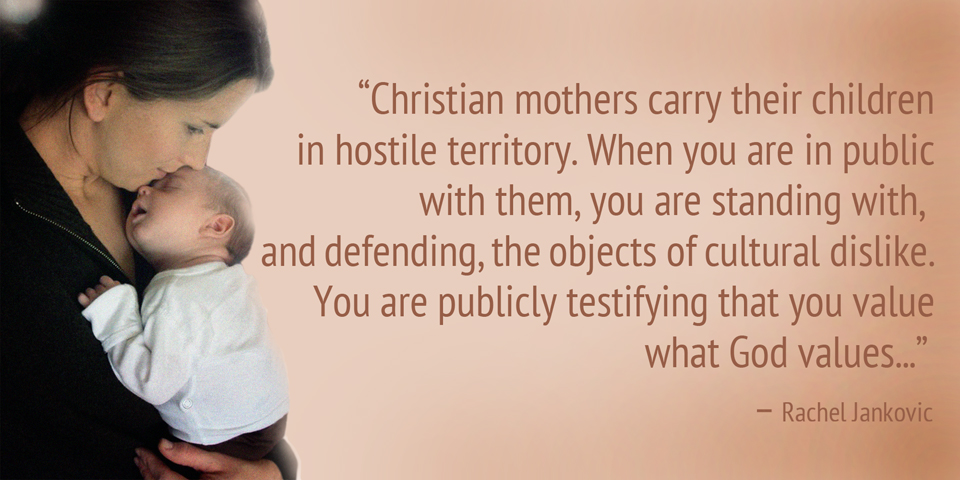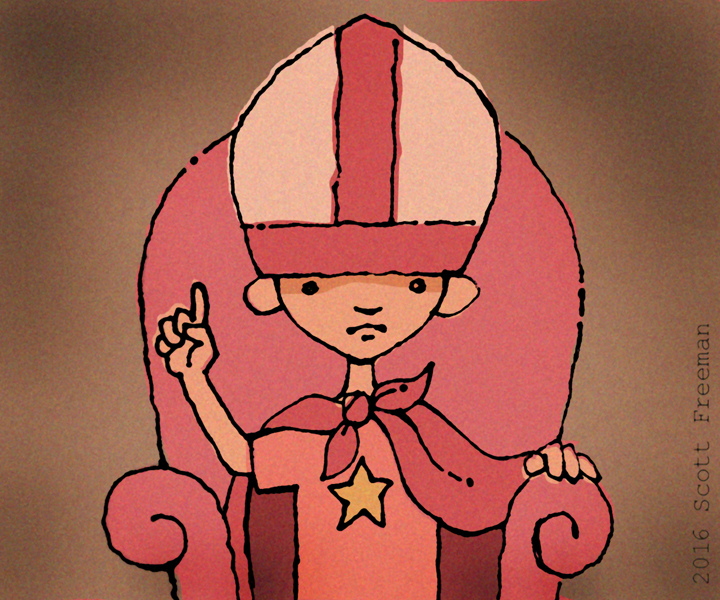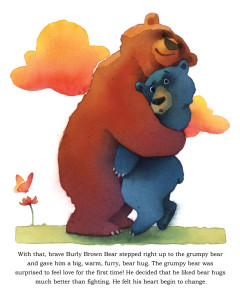
For Mother’s Day, I would like to post an article I read last year from the Desiring God website. It was written by author Rachel Jankovic, mother of five. I hope you find it encouraging. Happy Mother’s Day! – Scott
(Reprinted with permission.)
A few years ago, when I just had four children and when the oldest was still three, I loaded them all up to go on a walk. After the final sippy cup had found a place and we were ready to go, my two-year-old turned to me and said, “Wow! You have your hands full!”
She could have just as well said, “Don’t you know what causes that?” or “Are they all yours?!”
Everywhere you go, people want to talk about your children. Why you shouldn’t have had them, how you could have prevented them, and why they would never do what you have done. They want to make sure you know that you won’t be smiling anymore when they are teenagers. All this at the grocery store, in line, while your children listen.
A Rock-Bottom Job?
The truth is that years ago, before this generation of mothers was even born, our society decided where children rank in the list of important things. When abortion was legalized, we wrote it into law.
Children rank way below college. Below world travel for sure. Below the ability to go out at night at your leisure. Below honing your body at the gym. Below any job you may have or hope to get. In fact, children rate below your desire to sit around and pick your toes, if that is what you want to do. Below everything. Children are the last thing you should ever spend your time doing.
If you grew up in this culture, it is very hard to get a biblical perspective on motherhood, to think like a free Christian woman about your life, your children. How much have we listened to partial truths and half lies? Do we believe that we want children because there is some biological urge, or the phantom “baby itch”? Are we really in this because of cute little clothes and photo opportunities? Is motherhood a rock-bottom job for those who can’t do more, or those who are satisfied with drudgery? If so, what were we thinking?
It’s Not a Hobby
Motherhood is not a hobby, it is a calling. You do not collect children because you find them cuter than stamps. It is not something to do if you can squeeze the time in. It is what God gave you time for.
Christian mothers carry their children in hostile territory. When you are in public with them, you are standing with, and defending, the objects of cultural dislike. You are publicly testifying that you value what God values, and that you refuse to value what the world values. You stand with the defenseless and in front of the needy. You represent everything that our culture hates, because you represent laying down your life for another—and laying down your life for another represents the gospel.
Our culture is simply afraid of death. Laying down your own life, in any way, is terrifying. Strangely, it is that fear that drives the abortion industry: fear that your dreams will die, that your future will die, that your freedom will die—and trying to escape that death by running into the arms of death.
Run to the Cross
But a Christian should have a different paradigm. We should run to to the cross. To death. So lay down your hopes. Lay down your future. Lay down your petty annoyances. Lay down your desire to be recognized. Lay down your fussiness at your children. Lay down your perfectly clean house. Lay down your grievances about the life you are living. Lay down the imaginary life you could have had by yourself. Let it go.
Death to yourself is not the end of the story. We, of all people, ought to know what follows death. The Christian life is resurrection life, life that cannot be contained by death, the kind of life that is only possible when you have been to the cross and back.
The Bible is clear about the value of children. Jesus loved them, and we are commanded to love them, to bring them up in the nurture of the Lord. We are to imitate God and take pleasure in our children.
The Question Is How
The question here is not whether you are representing the gospel, it is how you are representing it. Have you given your life to your children resentfully? Do you tally every thing you do for them like a loan shark tallies debts? Or do you give them life the way God gave it to us—freely?
It isn’t enough to pretend. You might fool a few people. That person in line at the store might believe you when you plaster on a fake smile, but your children won’t. They know exactly where they stand with you. They know the things that you rate above them. They know everything you resent and hold against them. They know that you faked a cheerful answer to that lady, only to whisper threats or bark at them in the car.
Children know the difference between a mother who is saving face to a stranger and a mother who defends their life and their worth with her smile, her love, and her absolute loyalty.
Hands Full of Good Things
When my little girl told me, “Your hands are full!” I was so thankful that she already knew what my answer would be. It was the same one that I always gave: “Yes they are—full of good things!”
Live the gospel in the things that no one sees. Sacrifice for your children in places that only they will know about. Put their value ahead of yours. Grow them up in the clean air of gospel living. Your testimony to the gospel in the little details of your life is more valuable to them than you can imagine. If you tell them the gospel, but live to yourself, they will never believe it. Give your life for theirs every day, joyfully. Lay down pettiness. Lay down fussiness. Lay down resentment about the dishes, about the laundry, about how no one knows how hard you work.
Stop clinging to yourself and cling to the cross. There is more joy and more life and more laughter on the other side of death than you can possibly carry alone.











